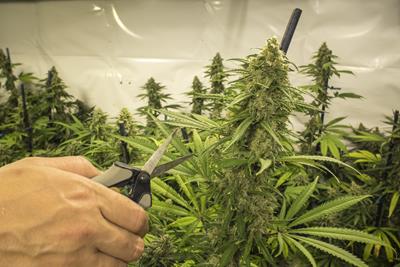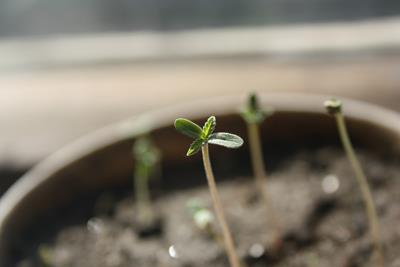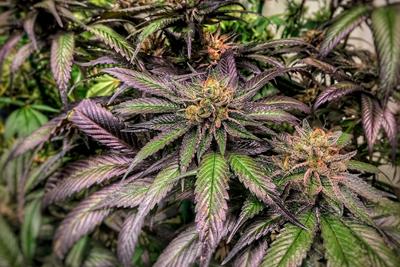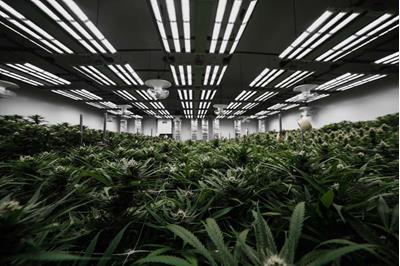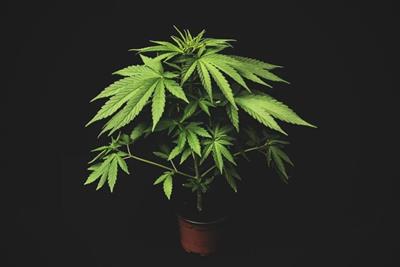
Thursday June 2, 2022
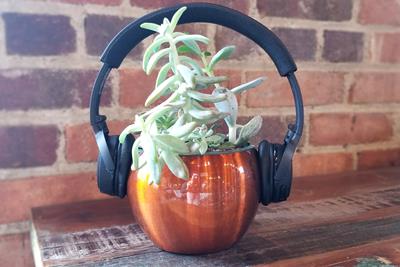 Growing
Growing
At PotGuide, we love to offer cultivation tips and tricks to help our readers get the most out of their crops. Usually this includes things like choosing the best lights for indoor grows or tips for dealing with pests and contaminants. However, for this piece we want to talk about a trend that’s gaining a lot of attention among cannabis cultivators nationwide: using music to affect plant growth.
We know it sounds a little eccentric to play music for plants – I mean plants don’t even have ears, right? But research has shown that music may, in fact, have a profound impact on a cannabis plant’s growth. Interestingly, different styles of music seem to have different effects. So let’s investigate the question: does music affect plant growth?
How Does Music Affect Plants?

Researchers have been studying the effect of music on plants for decades. Dr. T. C. Singh conducted a few experiments in 1962 in which he discovered that balsam plants grew 20 percent taller and had an increased biomass of 60 to 70 percent when compared to control plants that experienced silence.
Singh also noted that seeds grown in musical environments had an increased vitality rate and produced stronger characteristics, such as improved leaf production and bigger leaves. Newer research has confirmed these findings.
Interestingly, different genres of music seem to affect plant growth differently.
Singh suggested through his research that violin music produced the most favorable results. In 1973, Professor Dorothy Retallack conducted her own experiment where she divided plants into three groups. One group of plants heard an F-note for eight solid hours. A similar note was played for the second group, and the third (control) group was left in silence. The first group died within two weeks, the second group thrived, while the third showed no major changes.
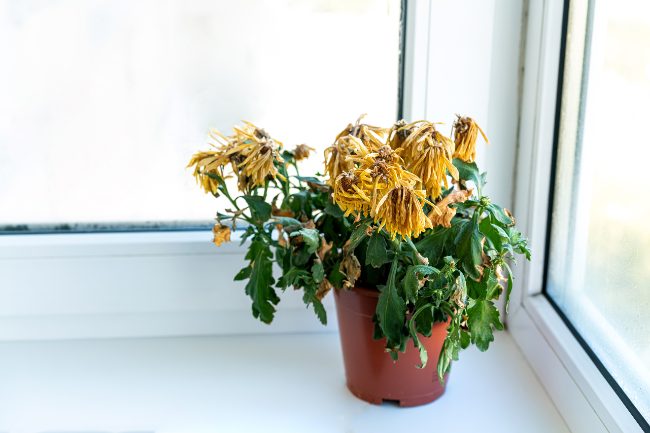
Next, she went on to test the differences in response to rock and classical music. She once again split her plants into three groups and played either rock music, classical music, or nothing. She found that plants who were exposed to rock music actively tried to “escape” the sound by turning their growth away from the speakers or “climbing” the walls of the enclosure. She also noticed signs of stress in the rock-and-roll plants resembling excessive water intake.
It’s important to note that it’s not necessarily the genre that affects plant growth but rather the rhythm and harmony of the sound. Plants that are exposed to calming music like classical tend to fare better than those exposed to heavy metal - perhaps due to the way plants have evolved and adapted to their environments.
Music and Plant Growth
Of course plants react to their external environments – hot conditions encourage plant leaves to curl up to retain cool for example, and pest infestations encourage the release of terpenes to protect the plant from damage. Likewise, plants react to vibrations in the air and ground which helps protect themselves from hungry caterpillars, or to slow their growth in windy areas that might snap their branches, for example.
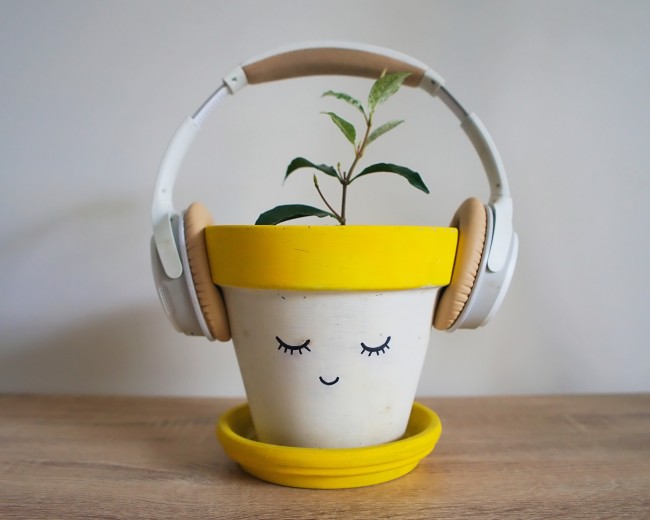
The same goes for sound, which is composed of vibrations. Whether it’s music, the hum of a busy highway, or the sound of approaching predators, plants have learned to pick up vibrations and react according to these vibratory cues. Therefore, plants that react adversely to aggressive rock music are likely to do so because their evolutionary makeup has taught them that these lower frequency sound waves pose a threat. Industrial equipment like vehicles and clothes dryers also produce low-frequency sound waves.
Higher frequency sound waves, on the other hand, such as those produced in classical music, may have the opposite effect, signaling to the plant that conditions are optimum for growth and development. Researchers theorize the reason for this is because the frequency encourages stomata, the little pours in plant surfaces, to open up, allowing for greater nutrient intake while helping accommodate increased transpiration.
Wrap Up
Music has a way of moving us. Across cultures – and species – organisms react to music in ways that may reduce stress, improve health, and increase growth. It’s no surprise, then, that music would have the same effects on plants.
Frequently Asked Questions
Does Music Promote Plant Growth?
Unfortunately, we can’t ask the plants personally. But there is some evidence that plants respond positively to some Hz vibrations.
Does Talking to Cannabis Plants Help Them Grow?
A very small study from the Royal Horticultural Society found that tomato plants that were regularly read to grew taller than those that were not.
Do Plants Like Beethoven?
It is thought that classical could be good music for plants. Beethoven: definitely classical.
Do Plants Like Reggae Music?
If a cannabis plant doesn’t like Bob Marley, is it still a cannabis plant? But seriously, there’s no way to know unless someone funds and conducts that experiment. For now, the firmest answer is maybe.
Why Do Plants Grow Better with Music?
The science on this topic is mixed at best and not that thorough, so the best guess is that plants may grow better with music at higher frequencies, such as classical music.
Have you ever played music for your cannabis plants? Tell us about your results.



